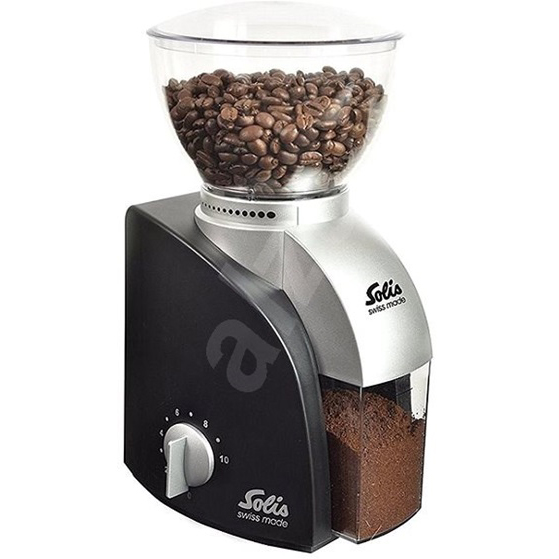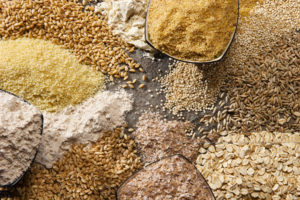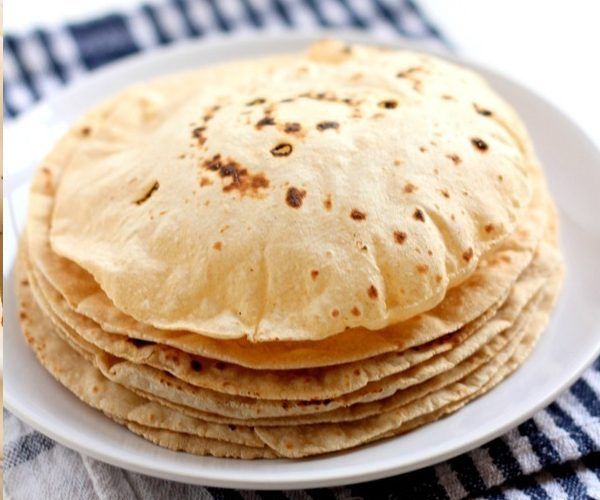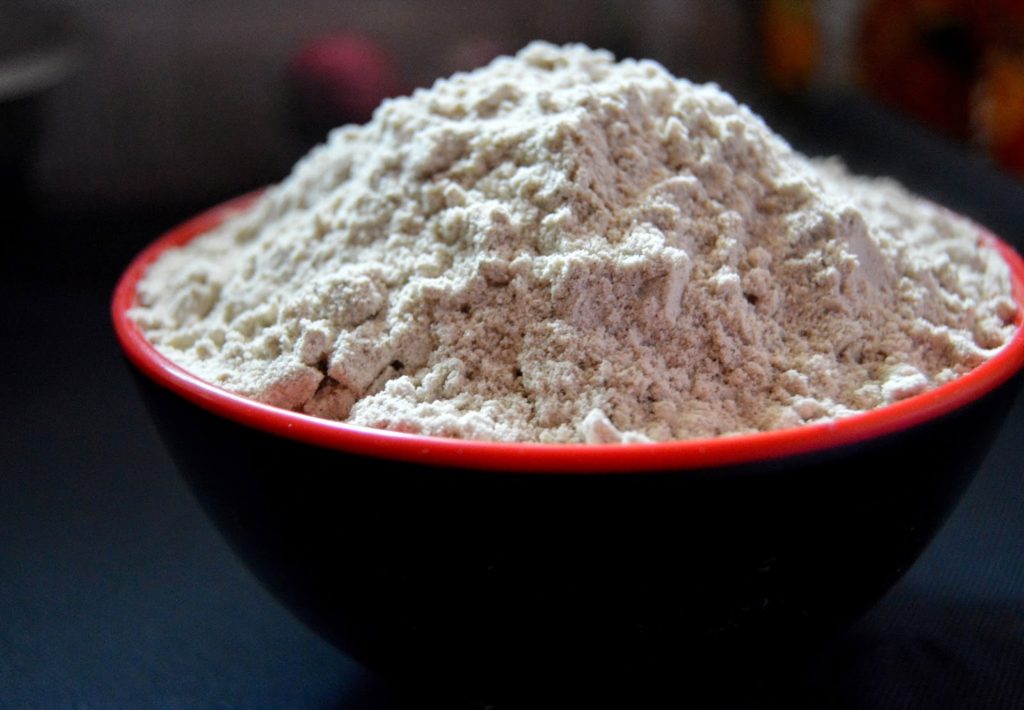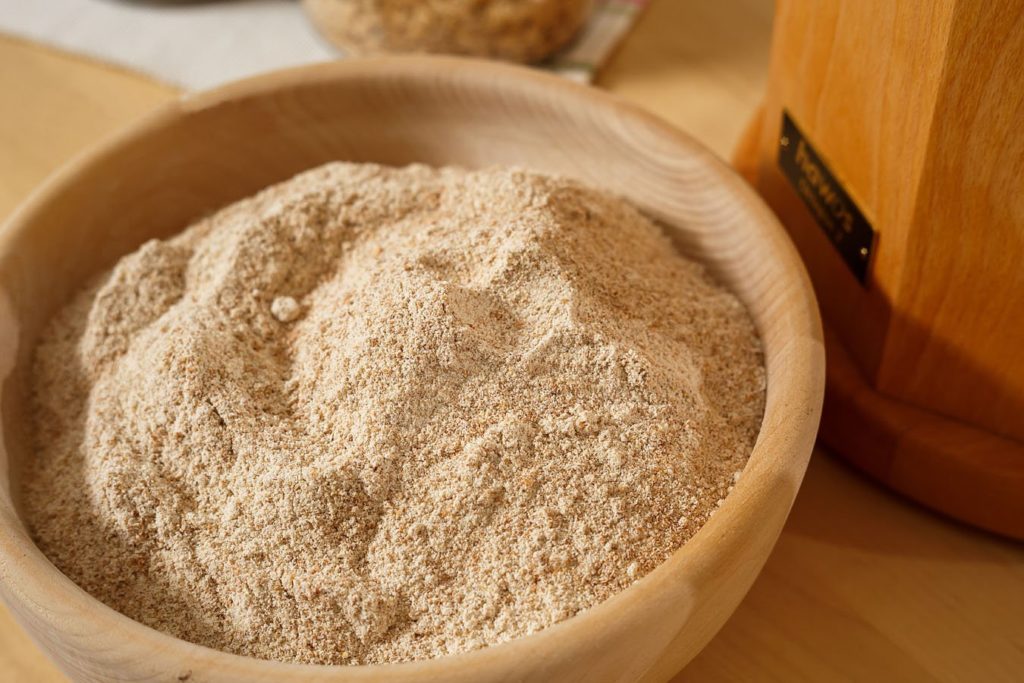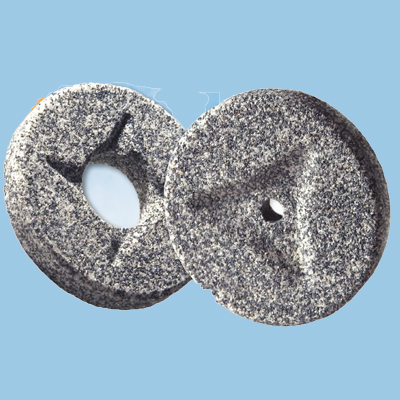
Opinions about the ‘best’ way to fuel your body for optimal health and longevity will always exist. Conflicting advice about what you should, and what you shouldn’t, eat is hard to avoid. With a new dietary villain around every corner and new panacea behind every door – it’s easy to get exhausted and feel lost in the chaos!
For many, the term ‘diet’ conjures up the type of eating pattern encouraged by this narrative – one of exclusion, extremes, and restrictive, rigid plans. However, the top 10 overall diets of 2019, as ranked by The US News and World report, highlight a different attitude toward the idea of a diet. Though distinct in purpose and direction, they each offer approachable guidelines towards a healthy lifestyle, focusing on the advice you have probably heard before. Though these diets vary, they share commonalities and themes which shine a light on trends in our current health and nutrition landscape at large, emphasizing: whole foods, the energy quality of our food, and chronic disease prevention. We are proud to report – though we can’t say we’re surprised – that whole grains play an active role in the top 10 diets on this list by supporting these larger themes.

More Whole, Plant-Based Foods
These diets echo each other, despite the fact that their end goals range from weight loss to brain health. They emphasize increased consumption of whole, minimally-processed foods. We have all heard it before (probably from Mom), but these diets encourage us to put more vegetables, whole grains, and fruits on our plates. Limited consumption of poultry and low-fat meat is part of the majority of these diets, with the Mediterranean Diet promoting seafood consumption and the Nordic Diet encouraging high-quality meat in the limited instances meat is consumed. The popularity of the Flexitarian Diet exemplifies the success of this light-on-meat attitude – while mostly vegetarian, it makes room for animal protein when the mood strikes.
Energy Quality
Energy quality is a slightly different way to categorize the food we consume. Highly-refined and fatty foods contain a concentrated punch of energy in a small package – meeting a large portion of your daily energy requirements with just a few bites. This can restrict the diversity and volume of higher-quality foods consumed over the course of the day, and can easily lead to an overconsumption of energy.

The Volumetric and the Mayo Clinic diets use energy density as the scaffolding for their recommendations. The energy density of a food is its energy content per unit of weight. Plant-based foods tend to exhibit low energy density, with high fiber and water content. Fatty and refined foods, on the other hand, are energy-dense, containing high-calorie counts per unit of weight. As US News and World Report points out, “for about the same amount of calories you could have a quarter of a Snickers bar or about 2 cups of broccoli.” By recommending foods with a lower energy density (like broccoli), these diets limit your energy consumption without reducing the total amount of food you eat.
Whole grains not only have low energy density, but intact whole grains have a low Glycemic Index as well – a measurement which rates how quickly carbohydrates are converted into glucose/energy. Your body breaks down whole grains more slowly than it does refined grains, making whole grains a more sustained energy source for your body. You can learn more about whole grain energy quality here.
Chronic disease
The rising rates of chronic diseases worldwide has reached epidemic proportions, so it is no surprise that these diets focus on the prevention of one or more chronic diseases. The Mediterranean and Ornish Diets focus on heart health, and the MIND Diet, true to its name, aims to promote a healthy brain. Managing hypertension and cholesterol is a common goal for almost all of these diets. It’s no surprise, then, to see whole grain recommendations showing up again and again, given the strong role they play in preventing many of the most common chronic diseases including heart disease, type 2 diabetes, and stroke.
No matter which way you spin it, whole grains are an important part of a healthful diet. The common themes of this year’s best overall diets show exclusion and extremes are not promoting, and individuals are looking elsewhere. Whether it be for brain health or heart health, there is to be found centering around eating a diverse array of wholesome foods. (Abby)






